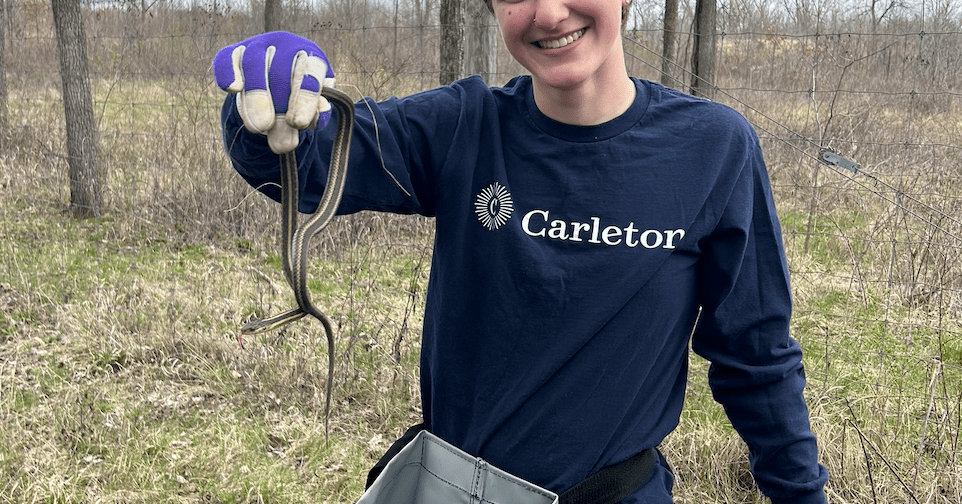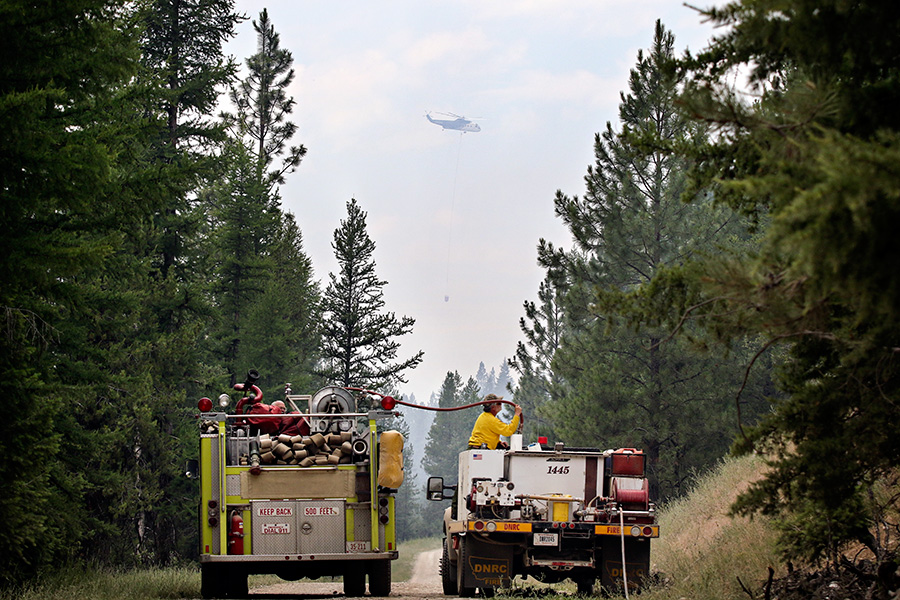Learning Life Cycles Through Campus Farm Animals

Table of Contents
Observing Animal Life Cycles Up Close
Observing animal life cycles firsthand provides an unparalleled educational opportunity. Unlike textbooks or videos, witnessing the growth and development of an animal in real-time fosters a deeper understanding of the different life cycle stages. Consider the humble chicken: students can observe the delicate process of incubation, the miraculous hatching of chicks, their rapid growth into pullets, and finally, their maturation into laying hens. Similarly, the life cycle of sheep, from lamb to ewe, provides a compelling illustration of growth and development within a different mammalian context. A campus farm offers the perfect setting for this immersive learning.
- Daily observation logs: Students can maintain detailed records tracking the physical changes and behavioral developments of the animals, enhancing their observational skills and scientific recording abilities.
- Handling opportunities: Under careful supervision, students may have the chance to gently handle eggs or newborn animals, fostering a sense of responsibility and respect for living creatures.
- Behavioral observation: Observing animal behavior at different life stages provides valuable insights into the complexities of animal life, highlighting how behavior adapts to changing needs and developmental milestones.
- Nutritional understanding: Observing the different dietary requirements of animals at various life stages promotes a nuanced comprehension of animal nutrition and care.
Hands-on Learning and Practical Application
Beyond observation, campus farm animals provide opportunities for hands-on learning and the practical application of knowledge. Actively participating in the care of these animals translates theoretical understanding into practical skills, fostering a deeper appreciation for animal husbandry and the responsibilities involved. Students aren't just passively observing; they're actively engaging in the process.
- Feeding and watering schedules: Students learn about the importance of regular feeding and watering, understanding the nutritional needs of the animals at different stages of their life cycles.
- Cleaning and maintenance: Cleaning and maintaining animal housing teaches students about hygiene, disease prevention, and the overall wellbeing of the animals.
- Animal health: Exposure to animal health considerations teaches students about disease prevention, early detection of illness, and the importance of veterinary care.
- Breeding programs (if applicable): Participation in animal breeding programs (where appropriate and ethically sound) provides a unique insight into animal reproduction and genetics.
Connecting Farm Animals to Broader Curriculum
The educational value of campus farm animals extends far beyond basic biology. The life cycles of these animals offer compelling case studies for integrating experiential learning into various subjects.
- Science and Biology: Detailed observation and data collection can support scientific inquiry, enhancing critical thinking and data analysis skills.
- Ecology: Students can explore the animals' roles within their ecosystems, investigating predator-prey relationships, habitat preferences, and the broader ecological implications of their presence.
- Agriculture Curriculum: Learning about animal husbandry, sustainable farming practices, and the ethical treatment of animals connects the learning to relevant vocational skills.
- Interdisciplinary connections: The study of farm animals can be interwoven with history, economics, and even art, creating a rich tapestry of interdisciplinary learning.
The Educational Value of Campus Farm Animals
The educational benefits of incorporating campus farm animals are multifaceted. Beyond the scientific and practical skills learned, these experiences promote holistic education.
- Responsibility and Empathy: Caring for animals fosters a sense of responsibility and encourages empathy towards living creatures.
- Animal Welfare: Students develop an understanding of animal welfare and the importance of ethical treatment.
- Sustainable Agriculture: Exposure to sustainable farming practices promotes understanding of responsible food production.
- Teamwork and Collaboration: Caring for farm animals is often a collaborative effort, fostering teamwork and communication skills.
Conclusion
Learning life cycles through campus farm animals offers a powerful and engaging educational approach. The hands-on experiences provided create a deeper understanding than traditional methods, fostering responsibility, empathy, and a broader appreciation for the natural world. The integration of these experiences into various curricula promotes holistic learning and helps students develop valuable practical and life skills. We encourage you to explore the opportunities to learn about animal life cycles through interactions with campus farm animals. Search for local campus farms or educational programs utilizing farm animals for enriching learning experiences. Embrace the holistic benefits of hands-on learning with life cycle education – it's an enriching experience for all involved.

Featured Posts
-
 Beyonces Rigorous Script Approval Five Revisions Before Greenlighting A Film
May 13, 2025
Beyonces Rigorous Script Approval Five Revisions Before Greenlighting A Film
May 13, 2025 -
 Okc Thunders Draft Pick Uncertainty Persists After Seasons End
May 13, 2025
Okc Thunders Draft Pick Uncertainty Persists After Seasons End
May 13, 2025 -
 Heatstroke Alert Delhi Government Issues Advisory Amid Rising Temperatures
May 13, 2025
Heatstroke Alert Delhi Government Issues Advisory Amid Rising Temperatures
May 13, 2025 -
 Etf Investors Flight From Leveraged Semiconductor Funds Preceded Market Surge
May 13, 2025
Etf Investors Flight From Leveraged Semiconductor Funds Preceded Market Surge
May 13, 2025 -
 Islanders Claim Top Spot In Nhl Draft Lottery
May 13, 2025
Islanders Claim Top Spot In Nhl Draft Lottery
May 13, 2025
